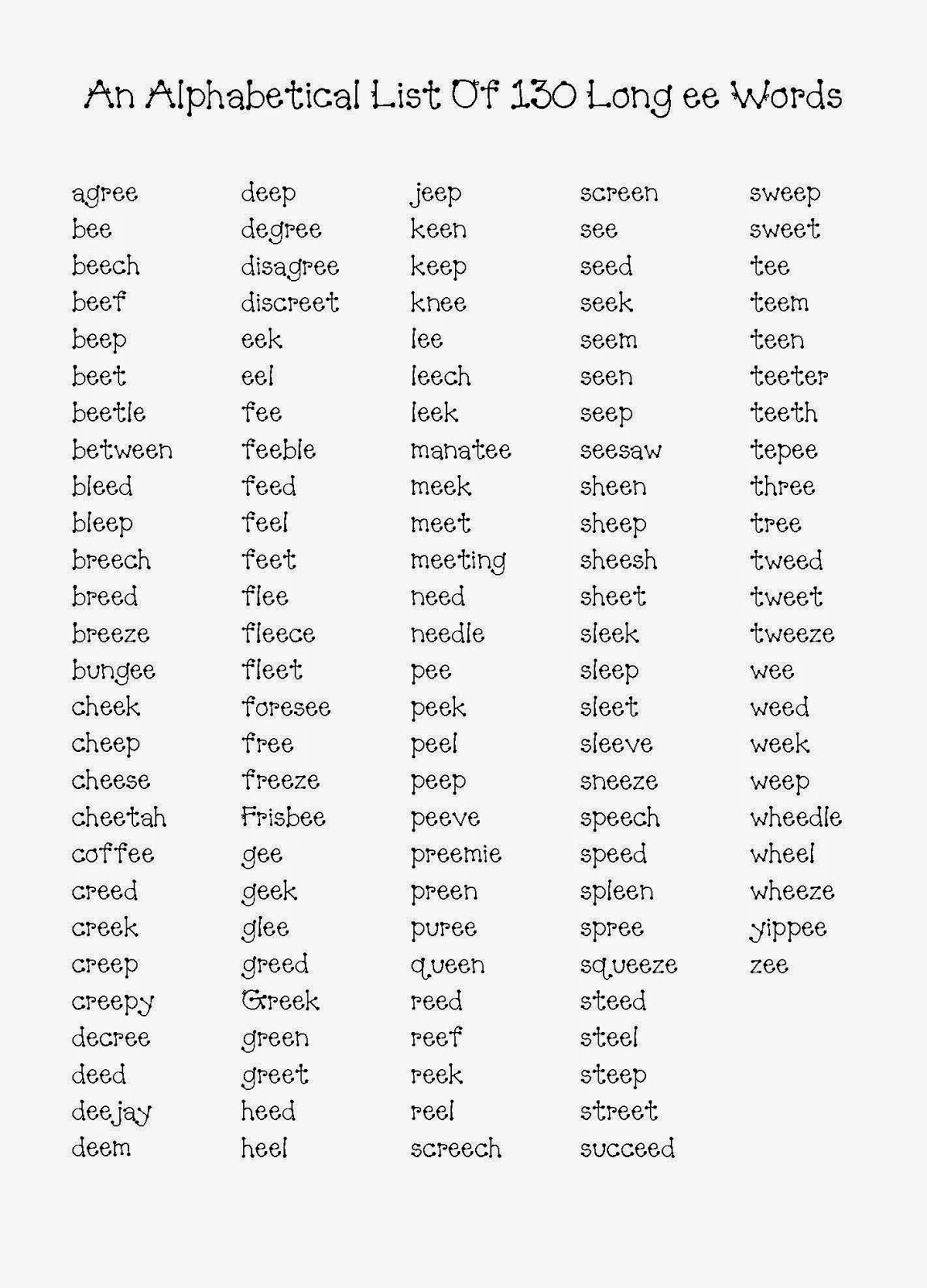Ummmm, Are You Using These Words Right? A Guide to Ums and Ahs
Okay, let's be real, we've ALL been there. That awkward silence, the brain buffering, and suddenly "ummm" leaps from our lips like an uninvited guest. These little sounds, those "ums" and "ahs" that pepper our speech, are like the vocal equivalent of fidget spinners – we know we do them, but why? And more importantly, should we be doing something about it?
It turns out, these seemingly insignificant sounds have a surprisingly rich history and, believe it or not, actually serve a purpose. From their potential origins in ancient linguistic habits to their modern-day interpretations as indicators of thought processing, "um" and its ilk are more than just filler words – they're a fascinating window into how we communicate.
Now, before you go thinking this is some dry linguistics lecture, hold on. This isn't just about where these sounds came from, it's about what they REALLY mean. Because let's be honest, there's a BIG difference between a well-placed "um" that signals you're choosing your words carefully and an "um, uh, um" barrage that makes you sound like you've lost the plot entirely.
So, buckle up, because we're diving deep into the world of "um." We're talking practical tips, real-world examples, and maybe even a few laughs along the way. After all, communication is as much about understanding these subtle nuances as it is about the words themselves.
Whether you're a seasoned public speaker aiming for ultimate eloquence or someone who just wants to navigate those awkward pauses a little more gracefully, understanding the hows and whys of "um" can be surprisingly enlightening. So, are you ready to unpack the surprisingly complex world of these little utterances? Let's get started.
Advantages and Disadvantages of "Um"
Let's break down the pros and cons of our vocal friend, "um":
| Advantages | Disadvantages |
|---|---|
|
|
See? "Um" isn't all bad. It's all about context and moderation.
Five Best Practices for Taming Your "Ums"
Ready to take control of your "ums" and "ahs"? Here's how:
- Awareness is Key: Start paying attention to how often you use filler words. Record yourself speaking or ask a friend to count your "ums" – you might be surprised!
- Embrace the Silence: Instead of instantly filling pauses with "um," try embracing the silence. Take a breath, gather your thoughts, and your words will flow more naturally.
- Practice Makes Progress: Rehearse your speeches or presentations beforehand, focusing on minimizing filler words. The more you practice, the more confident and fluent you'll become.
- Slow and Steady Wins the Race: Speaking a tad slower can give your brain more time to keep up, reducing the urge to fill gaps with "um."
- Don't Be Afraid to Edit: If you catch yourself using "um" in a professional setting, don't panic! Briefly acknowledge it and rephrase your sentence. It shows self-awareness and a commitment to clear communication.
Real-World Examples of "Um" in Action
Let's see those "ums" in their natural habitat:
- The Job Interview: "I'm a highly motivated individual, um, with a proven track record..." (Not ideal, but we've all been there!)
- The First Date: "You have a beautiful smile, um, I mean, you're beautiful!" (Awkward, yet endearing?)
- The Presentation: "And then, um, the data clearly shows... well, um, it's clear when you, um..." (Time for some practice!)
- The Everyday Conversation: "So, um, how was your weekend?" (Perfectly normal and relatable.)
- The Podcast Interview: "And that's when I realized, um, that I wanted to dedicate my life to... [pause] to empowering others." (A well-placed pause can be impactful.)
Common "Um" Questions, Answered!
Let's tackle some frequently asked questions about these curious little sounds:
- Q: Is it EVER okay to use "um"?
A: Absolutely! In casual conversation, it's perfectly natural. It's all about balance and context. - Q: Are there any alternatives to "um"?
A: Try brief pauses, phrases like "let me see," or rephrasing your sentence. - Q: Can "um" ever be a good thing?
A: It can signal thoughtfulness, buy you time, and even build anticipation in storytelling.
So, there you have it! The surprisingly complex world of "um" demystified. Remember, it's not about banishing these sounds entirely, but understanding how and when to use them effectively. Because in the end, it's about communicating with clarity, confidence, and authenticity – "ums" and all!
Understanding vehicle ownership authorization letters
Sunday morning sunshine the joy of fotos guten morgen sonntag
Fish farming a growing wave in bulawayo














